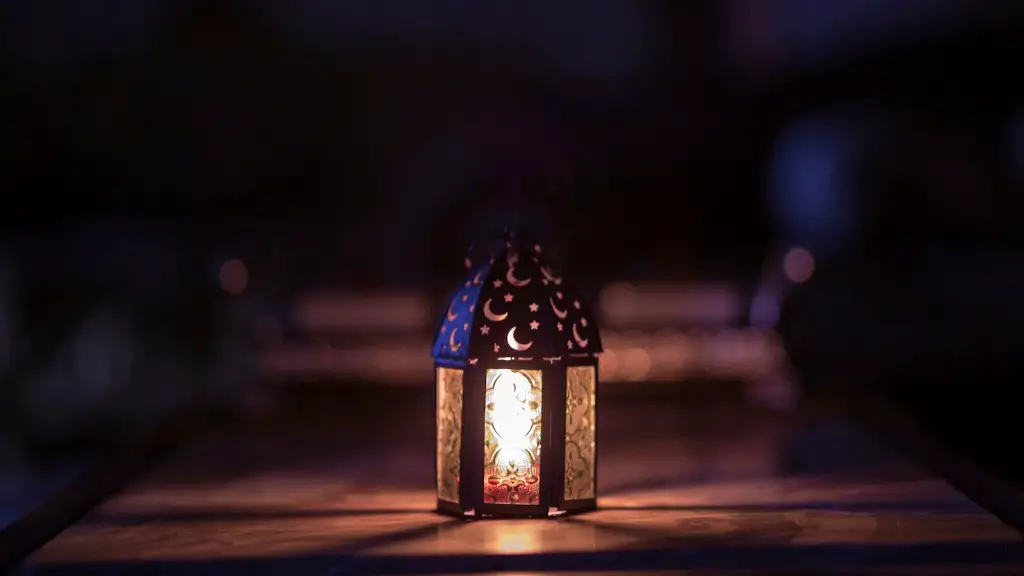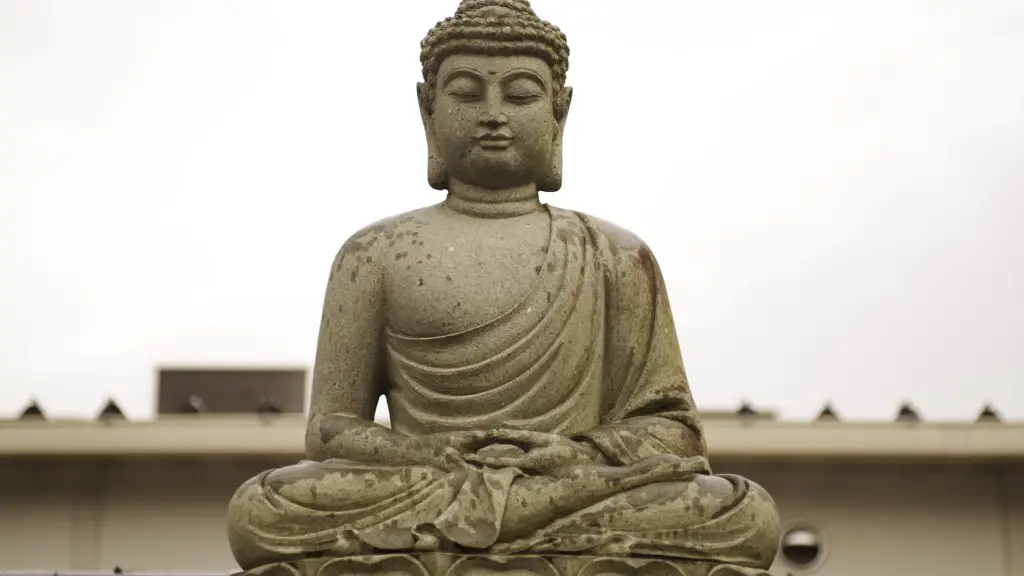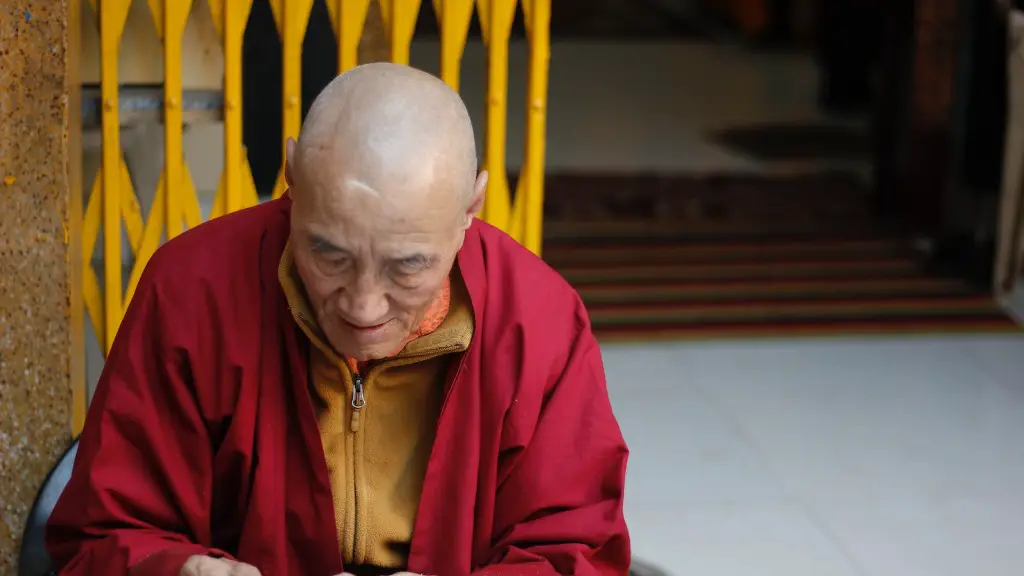The word “Islam” is derived from the Arabic root “slm,” which means peace or submission. In a religious context, it means submission to God. Islam is thus an Abrahamic religion founded in the Middle East in the 7th century CE. Islam is the second-largest religion in the world after Christianity, with over 1.8 billion followers worldwide. Muslims believe in one God and that Muhammad is a messenger of God. The primary texts of Islam are the Quran and the Hadith.
Islam is a religious faith that is based on the belief in one God and the acceptance of Muhammad as His prophet. Muslims follow the teachings of the Quran, the holy book of Islam, and strive to live a life that is in accordance with its principles. The core beliefs of Islam are known as the Five Pillars of Faith, which include belief in God, prayer, fasting, charity, and pilgrimage.
What is the real meaning of Islam?
Islam is a religion that calls for complete submission and obedience to Allah. The word “Islam” means “peace” and signifies that one can only achieve true peace of body and mind through submission and obedience to Allah. Islam is a religion that teaches that there is only one God, and that all humans are equal in His eyes. Muslims believe in the prophets of Islam and the holy books, and follow the teachings of the Quran. Muslims strive to live their lives in accordance with the will of Allah and to make His name known throughout the world.
Islam is a religion that is based on the belief in and submission to one God. Muslims believe that God is the creator and ruler of the world and that they are responsible for living in accordance with His will. The word “Muslim” means “one who submits to God”.
What is Islam in Short answer
Islam is a monotheistic religion that originated in the Arabian Peninsula in the 7th century CE. Its central article of faith is that “There is no god but God and Muhammad is his messenger.” Followers of Islam are called Muslims.
Islam teaches that God is merciful and compassionate, and that humans are His stewards on earth. Muslims believe in the Day of Judgment, when all people will be held accountable for their actions and will be either rewarded or punished.
Islam has five pillars: faith, prayer, fasting, almsgiving, and pilgrimage. Muslims are expected to perform the hajj, or pilgrimage to Mecca, at least once in their lifetime if they are able.
Islam teaches tolerance, compassion, and equality. Muslims are forbidden to drink alcohol, eat pork, gamble, or engage in other activities that are considered harmful to the body or soul.
The Five Pillars of Islam are the core beliefs and practices that are essential to the Islamic faith. The Profession of Faith, or shahada, is the belief that there is no god but God, and Muhammad is the Messenger of God. Prayer, or salat, is an essential part of Islamic worship, and is performed five times each day. Alms, or zakat, is the practice of giving to those in need, and is one of the most important acts of charity in Islam. Fasting, or sawm, is another essential part of Islamic practice, and is observed during the month of Ramadan. Pilgrimage, or hajj, is the fifth Pillar of Islam, and is a mandatory journey to Mecca that every able-bodied Muslim must make at least once in their lifetime.
What are the 6 beliefs of Islam?
A Sunni Muslim must believe in the six principles in order to be accepted as a Muslim. These principles are: Belief in Allah, Belief in His angels, Belief in His holy books, Belief in His messengers, Belief in the Last Day, and Belief in life after death.
Belief in monotheism is the cornerstone of the Islamic faith. Muslims believe that all of the Prophets sent by God to humanity shared the same central message, and that message was the message of monotheism. Monotheism is a term used to refer to the belief in the existence of only one deity (God).
Does Islam means peace?
Islam is a religion that teaches its followers to submit to the will of Allah and to live their lives in accordance with His teachings.Islam is a religion of peace, and its followers are taught to greet others with salutation, to obey and be loyal to their leaders, and to commit themselves to the service of Allah.
Islam is the last of the divine messages to reach humankind through Prophet Muhammad. He was chosen by the Creator as the bearer of his last and all-encompassing revelation. This explains why there exists a strong link between Islam, Christianity, and Judaism.
What is the oldest religion
The word Hindu is an exonym, and while Hinduism has been called the oldest religion in the world, many practitioners refer to their religion as Sanātana Dharma (Sanskrit: सनातन धर्म, lit. “the eternal way”) or the eternal law.
Islamic theology deals with the nature of belief and how it relates to other aspects of the Islamic faith. In particular, it discusses the nature of faith or belief in Islam and how it relates to other aspects of the religion. One of the key concepts in Islamic theology is that of arkān al-īmān, or the six articles of faith. These six articles are belief in God, belief in the angels, belief in the prophets, belief in the scriptures, belief in the Day of Judgment, and belief inpredestination.
How old is Islam and Christianity?
There are many different religious historians that have different opinions on when Islam and Christianity were founded. However, the general consensus is that Islam was founded by Muhammad the Prophet around 622CE (Common Era), or about 1,382 years ago in Mecca. Christianity was founded by Jesus Christ approximately 1,971 (33CE) years ago.
The khamsa is a popular hand gesture in Islam, often used as a protective talisman. The khamsa is also known as the “Hand of Fatima”, in reference to the daughter of the Prophet Muhammad. The khamsa typically has a green or blue eye in the center of the palm, and is decorated with intricate patterns.
Do Muslims believe in the Bible
The Gospel is the good news about Jesus Christ. Muslims scholars reject the Christian canonical Gospels, saying that they are not the original teachings of Jesus and that they have been corrupted over time. Some scholars have suggested that the original Gospel may be the Gospel of Barnabas.
Muslims believe in the Oneness of God. This means that God is the only god and that he is the creator of everything. Muslims also believe that God is all-powerful and all-knowing. He has no offspring, no race, no gender, no body, and is unaffected by the characteristics of human life.
Do Muslims believe in the Holy Spirit?
Muslims believe in the Virgin Mary, the Holy Spirit and Jesus Christ. The Qur’an contains many references to these figures and their stories. Prophet Muhammad is also a role model for Muslims, and his life demonstrates how one can live in accordance with the teachings of Islam.
The Islamic prayer, or Salah, is a five-time daily obligation for all Muslims. It is the second Pillar of Islam. The five daily prayers are spaced out evenly throughout the day and are performed while facing the direction of the Ka’bah in Mecca.
The first prayer, or Fajr, is performed at dawn. The second, or Zuhr, is performed at midday. The third, or Asr, is performed in the afternoon. The fourth, or Maghrib, is performed at sunset. The final prayer, or Isha, is performed at night.
Muslims are required to perform ablutions, or Wudu, before each prayer. This involves washing the face, hands, and feet with pure water.
Warp Up
Islam is a religion that believes in the existence of one God and the teachings of the prophet Muhammad. Muslims follow a strict code of conduct, which includes praying five times a day, fasting during the month of Ramadan, and making a pilgrimage to the holy city of Mecca.
Islam is a religion that is based on the belief in one God and the practice of submission to Him. It is a way of life that is guided by the Quran and the teachings of the Prophet Muhammad. Islam is a religion of peace and tolerance, and its followers are expected to uphold these values.


